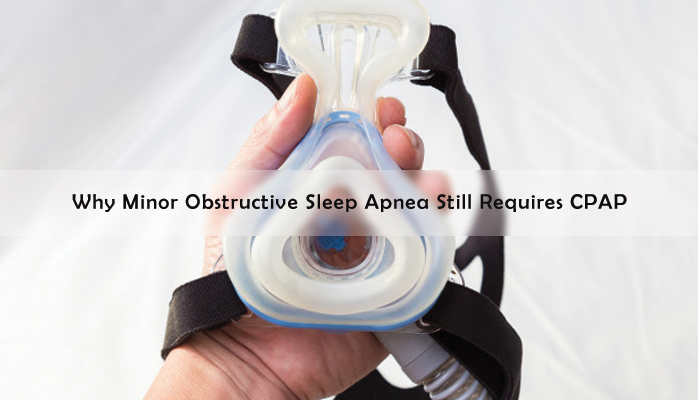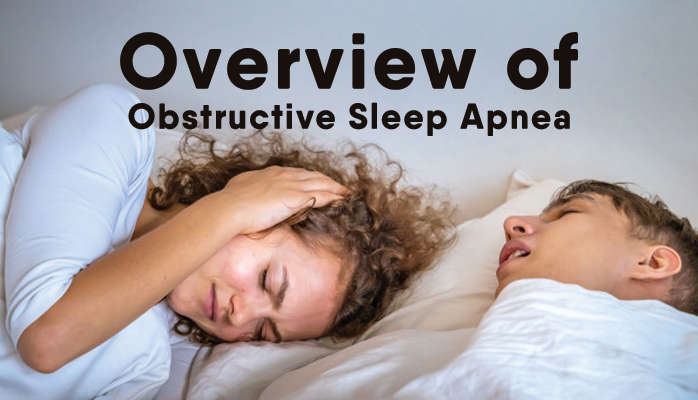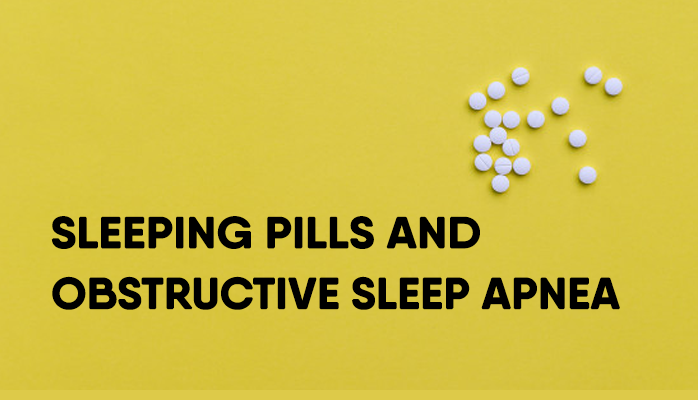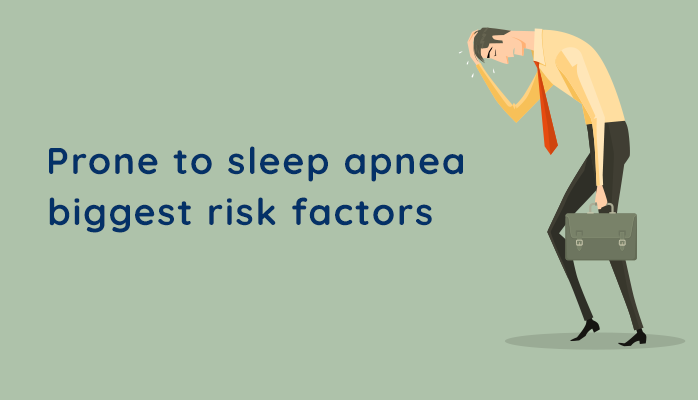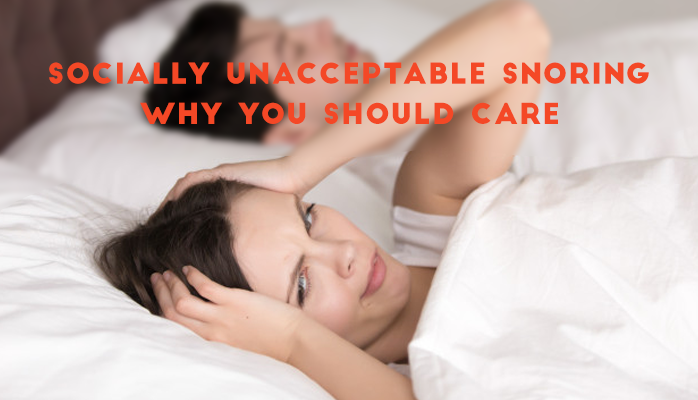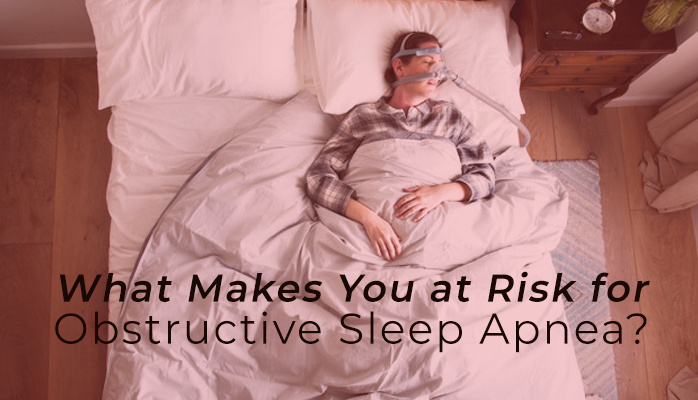Socially unacceptable snoring is a term for very loud snoring that is often so disruptive, you end up being the butt of your family's jokes. Socially unacceptable snoring is not only disruptive to the whole household, but my indicate a more serious underlying disorder. If your loud snoring requires your bed partners to wear earphones, happens consistently every night, and can be heard throughout the house, then it's not just a "quirky trait".
While socially unacceptable snoring may lead to humor or frustration among friends and family, it is crucial to recognize that it could signify a more significant issue for the snorer. It is not just an inconvenience for the bed partner; it is often a primary symptom of obstructive sleep apnea (OSA), a serious sleep disorder with potential health implications.
Understanding the distinctions between socially unacceptable snoring and potential OSA-related snoring is vital. Identifying the underlying cause of chronic snoring is the initial step towards addressing any health concerns.

